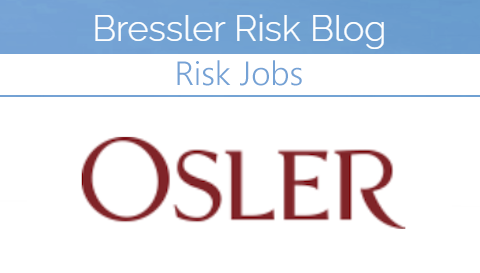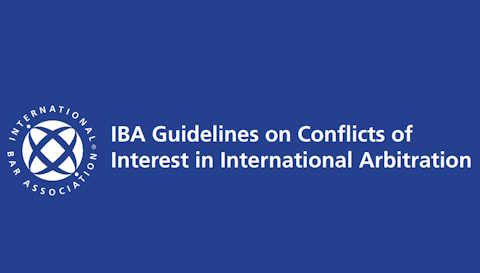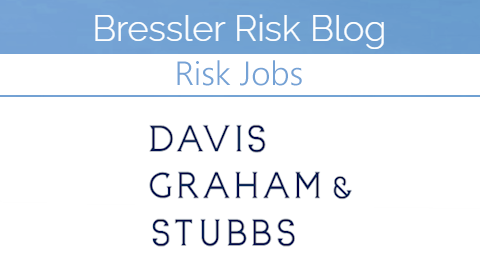Imputation Refutation — New ABA Ethics Opinion on Mitigating “Prospective” Client Conflicts During Intake
Posted on
“What are ‘reasonable measures’ to prevent law firm conflicts? New ABA ethics opinion explores” —
- “An ethics opinion released Wednesday by the ABA’s Standing Committee on Ethics and Professional Responsibility addresses what constitutes ‘reasonable measures’ personally disqualified lawyers can take to ensure that the conflicts of interest are not imputed to their law firms.”
- “Formal Opinion 510 focuses on when a lawyer considers a matter from ‘a prospective client’ but is “not retained.” The crux of the ethics opinion addresses limiting exposure to obtaining more ‘disqualifying information’ than ‘reasonably necessary.'”
- “For example, one should ‘warn the prospective client that the lawyer has not yet agreed to take on the matter and that information should be limited only to what is necessary for the lawyer and client to determine whether to move forward with an engagement,’ according to the opinion.”
- “If the lawyer does not take such reasonable measures to minimize the risk of receiving additional disqualifying information, then the lawyer’s conflict will be imputed to the entire firm, according to the opinion.”
- “It centers on Model Rule 1.18 of the ABA Model Rules of Professional Conduct, which covers lawyers’ duties to prospective clients. A lawyer is disqualified from representing a prospective client in the same or substantially related matter against them only if the lawyer receives disqualifying information that could be harmful, according to the rule.”
- “But even if a lawyer possesses disqualifying information, when is the lawyer’s conflict imputed to the entire firm?”
- “Under the rule, the conflict of interest of the individual lawyer is not imputed to the person’s firm in two situations: when the prospective and impacted clients provide informed consent or the disqualified lawyer takes reasonable measures to avoid hearing details that are not necessary for client intake determinations.”
- “‘Once a lawyer has sufficient information to decide whether to represent the prospective client, further inquiry may be permissible, but it will no longer be ‘necessary.’ That means once a lawyer has decided there is any basis on which the lawyer would or must decline the representation, stopping inquiry on all subjects would place the lawyer in the best position to avoid potential imputation of a conflict to other lawyers in their firm,’ according to the opinion.”
- “If the lawyer is disqualified, then the firm must timely screen the disqualified lawyer, according to the opinion. Such screening is ‘timely when it takes place once a law firm becomes aware there is a potential conflict in representing someone adverse to the former potential client.'”
PDF of the full opinion: “Formal Opinion 501: Avoiding the Imputation of a Conflict of Interest When a Law Firm is Adverse to One of its Lawyer’s Prospective Clients”









